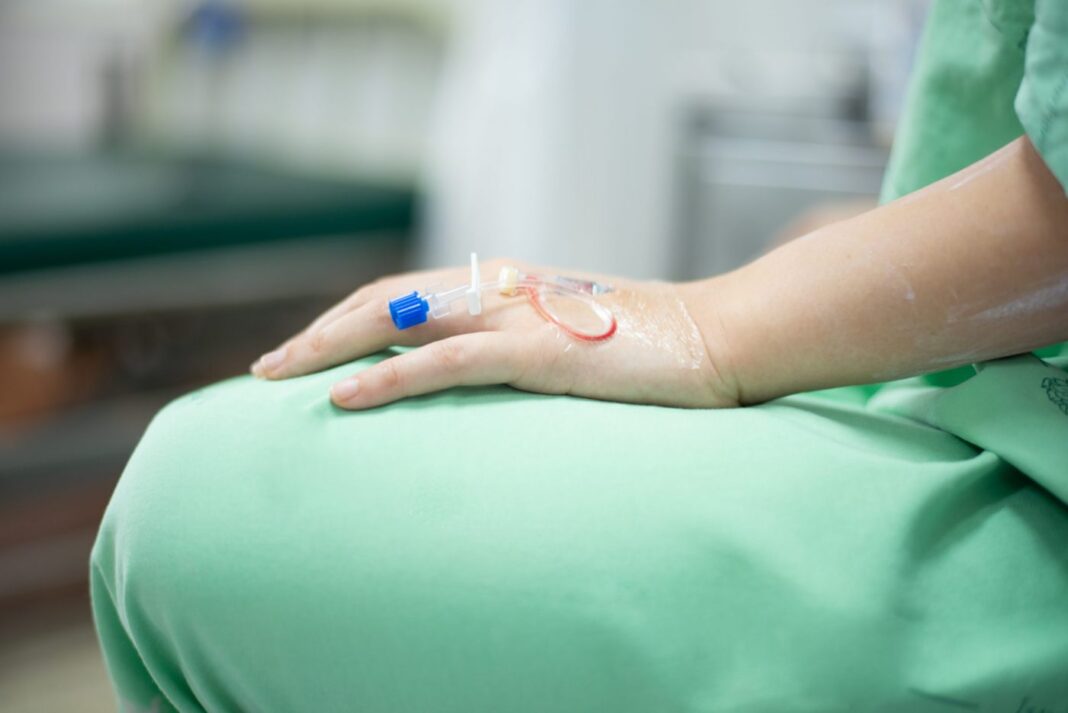Optimvia and Ginkgo Bioworks entered into a partnership to improve the manufacturing efficiency of biosynthetic heparin, a drug for preventing blood clots. Optimvia officials say they want to leverage Ginkgo’s cell and enzyme engineering platform, as well as its fermentation process development expertise, to rapidly improve the performance of Optimvia’s biosynthetic heparin-manufacturing technology.
Producing non-animal derived heparin is intended to be the proof-of-principle for Optimvia’s ADEPT™ platform technology for the synthesis of sulfated glycans. Enabling enzymatic manufacturing could create supply chain diversity and reduce or eliminate the need for high-volume extraction of heparin from porcine intestines, according to Keith Kleeman, CEO at Optimvia.
“The goal of producing biosynthetic heparin is similar to Genentech’s famous breakthrough of creating insulin through recombinant cell-based methods as opposed to relying on extraction from pig pancreas,” he says. “We believe that combining Optimvia’s novel technology and Ginkgo’s capabilities will enable commercially viable, cost effective and safe biosynthetic heparin that could eliminate the world’s dependence on livestock-sourced heparin entirely.”
“Ginkgo’s platform helps emerging startups develop and optimize their products and reach commercial scale,” adds Jason Kelly, CEO at Ginkgo Bioworks. “We believe scalable synthetic heparin could introduce much needed resiliency to the drug supply chain, improve access to this essential medicine, and reduce our dependence on industrial animal agriculture.”


